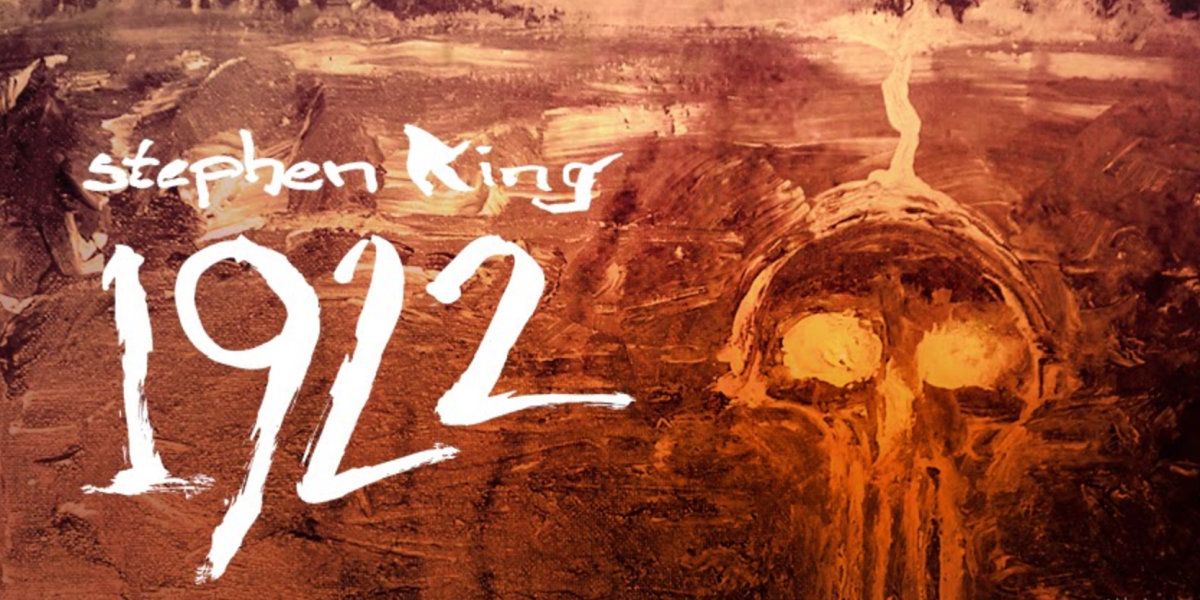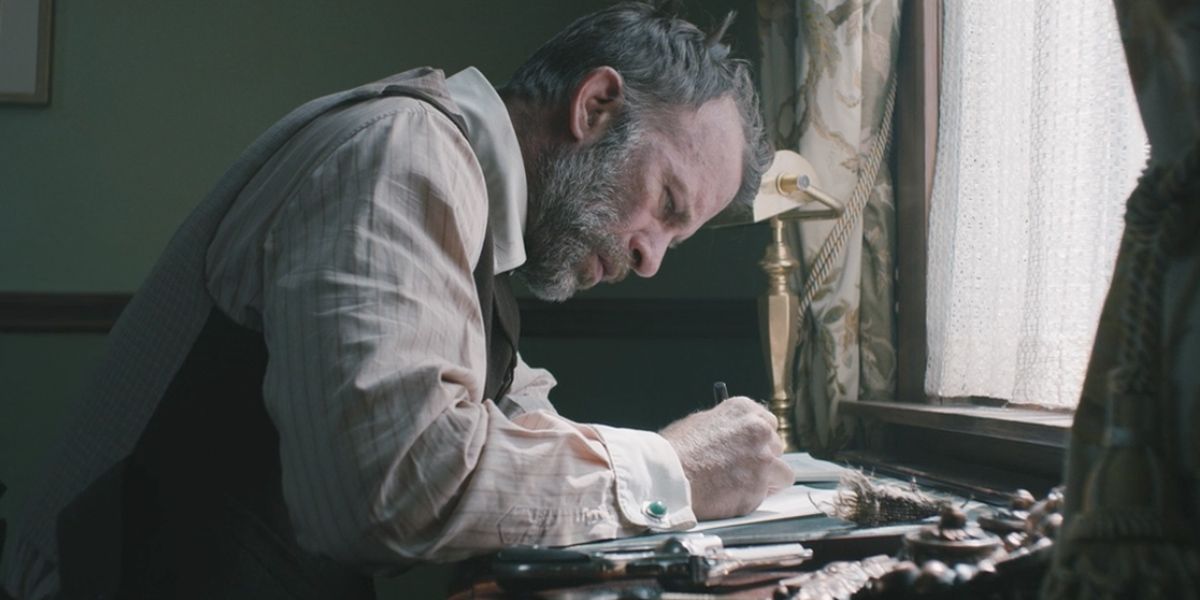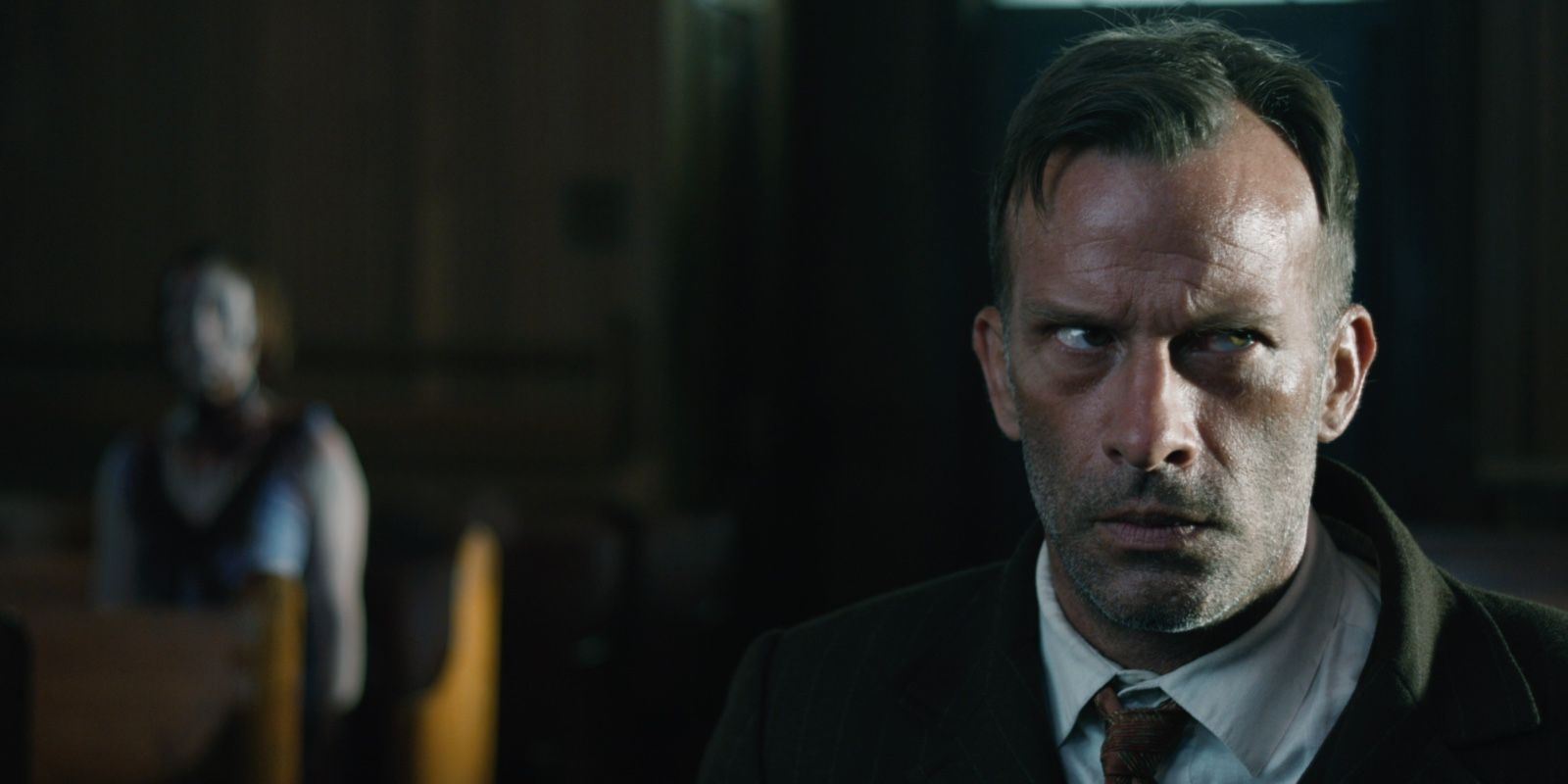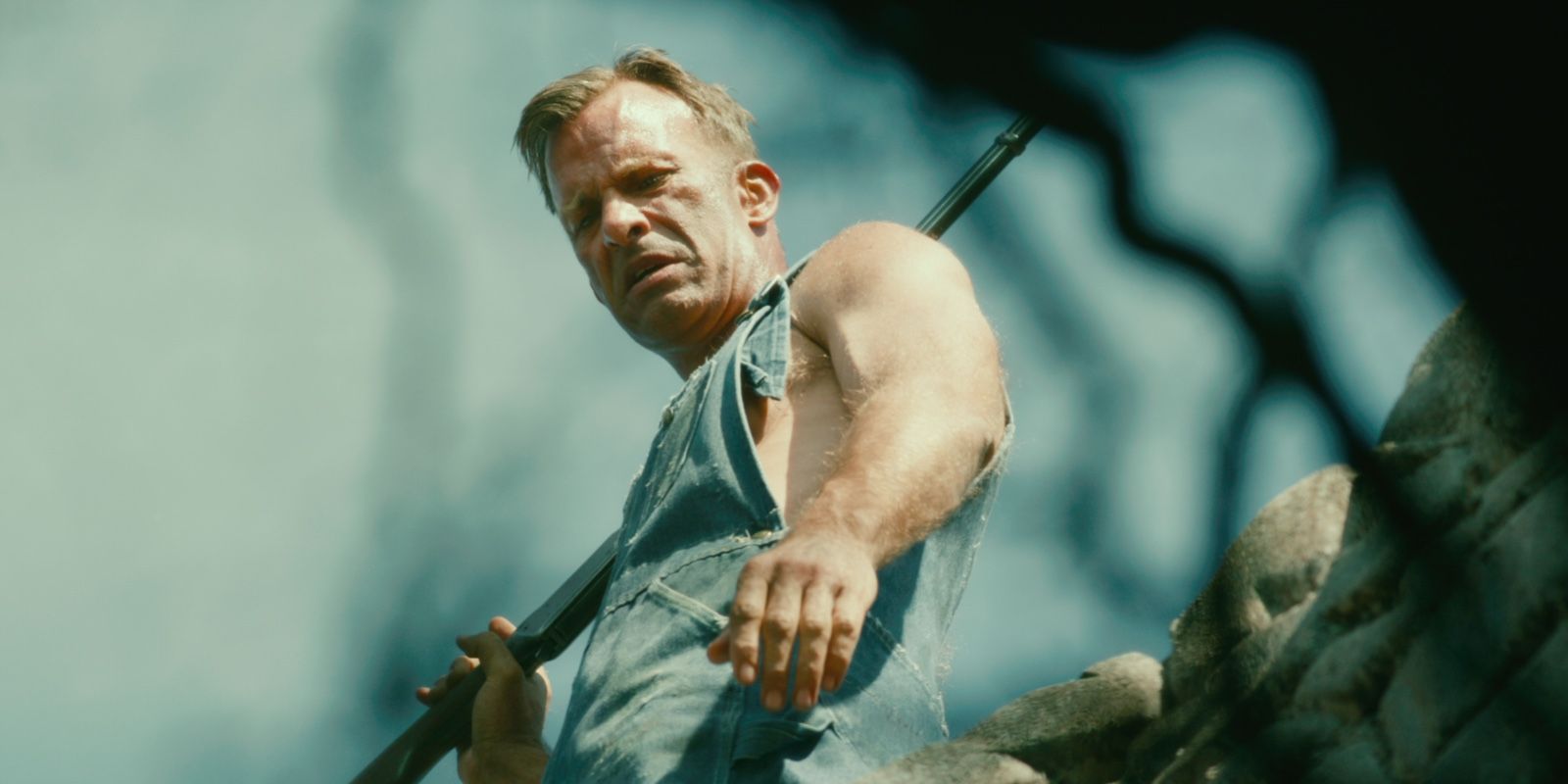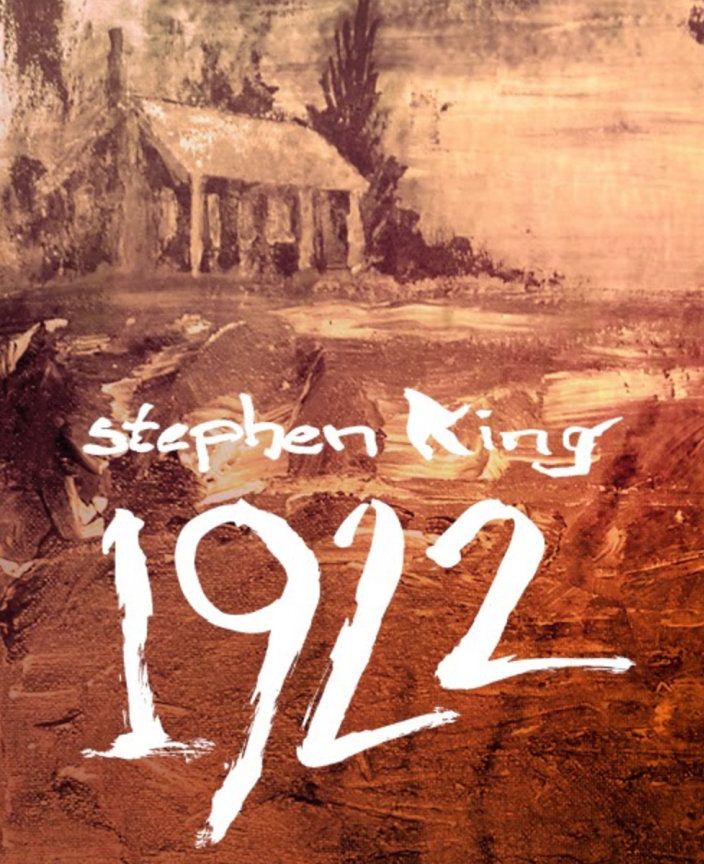1922 is a fascinating exploration of what guilt does to a man, fueled by a strong lead performance from Jane and compelling direction.
In the year 1922, proud farmer Wilfred James (Thomas Jane) and his wife Arlette (Molly Parker) inherit 100 acres of land in Hemingford Home, Nebraska. Wilfred sees this as a golden opportunity to increase the size of his property, envisioning a scenario in which he adds the 100 acres to his 80-acre freehold farm that he one day will pass to his son, Henry (Dylan Schmid). However, Arlette has other plans, and wants to sell the land for a sizable sum of money so the family can move to Omaha and carve out new lives themselves. Feeling the city is for fools, Wilfred refuses to part ways with his farm, facing the prospect of a divorce.
Unwilling to lose his land or his son, the conniving side of Wilfred hatches a scheme to kill Arlette and cover up the murder. Employing the aid of Henry, the men of the James household go through with their nefarious plot, and while they get to stay on the farm, life doesn't come easy for Wilfred. Consumed by the guilt of what he did, Wilfred descends further and further into madness, haunted by visions as his world crumbles around him.
Adapted from the Stephen King novella of the same name, 1922 is the latest screen adaptation of the author's work to release in 2017, following previous successes such as IT and Gerald's Game (which was also a Netflix original). The hope going into it was that the film could continue the "Year of King" on a high note, giving fans of the writer another creepy and unsettling translation of one of his stories. Fortunately, it is successful in achieving these goals. 1922 is a fascinating exploration of what guilt does to a man, fueled by a strong lead performance from Jane and compelling direction.
Zak Hilditch, who wrote the script, also calls the shots from behind-the-camera, and he does a great job of capturing the proper tone for the narrative. A sense of unrelenting dread permeates through the film, underscored by stark cinematography from Ben Richardson and Mike Patton's minimalistic, unnerving musical score. There's a palpable tension in several of the scenes - whether it's early on as Wilfred puts together his plan or later as he suffers the consequences of his actions. 1922 isn't exactly a thriller that will leaves audiences on the edge of their seats, but the filmmaking approach here commands viewers' attention with some disturbing (but effective) imagery that lingers in the mind after the credits have rolled. Those with a phobia of rats in particular will be quite uncomfortable - which is very much the intent.
While Hilditch's technical prowess is strong, the same cannot always be said for his writing. Though the screenplay is a faithful adaptation of the source material, that is both a pro and a con in this case. Despite there being a small cast, there isn't much characterization afforded to the female roles, who exist mostly as plot devices to help better define the motivations of their male counterparts than fully-formed individuals in their own right. Both Parker and Kaitlyn Bernard (who plays Henry's girlfriend Shannon) are fine in their parts and make the most of what they have to work with; there just isn't much for them to do in the grand scheme of things. The main story is also too straightforward and (at times) simple for its own good, and there isn't necessarily always enough going on to sustain a feature-length production. This makes the film's pacing drag at times, as it hampers on the obvious religious themes and slowly works its way to a conclusion.
1922 is very much the Thomas Jane show, and the actor is more than game for the task. His Wilfred is not your typical protagonist and isn't always the most likable figure, but he remains an interesting character to watch throughout. Jane is able to portray the farmer as a genuine, three-dimensional person, never falling into the trap of making his performance a caricature. It would have been very easy to play up the "slow" aspects of Wilfred's personality, but Jane and Hilditch find all the layers to make him a captivating presence, conveying a variety of emotions over the course of many scenes. Most viewers won't find themselves sympathetic to Wilfred's plight, though Jane's turn convincingly sells 1922 as a cruel morality play with a clear message to take into account.
Due to the small-scale nature of the movie, the supporting cast is quite thin, but Schmid stands out as Henry - a youngster unfortunately thrust into a grim and dark situation. Though is role isn't as prevalent as Jane's, he demonstrates a screen presence and maturity beyond his years as he plays against his onscreen father. Schmid is able to tap into the character's kindheartedness early on, before going down a troubling arc that makes him the most relatable figure in the film. Any shortcomings in Henry's portrayal are with the writing, as the script only scratches the surface of his romantic relationship with Shannon. The two don't share enough scenes together in order for this aspect to land with the intended effect, but they do have some good-natured charm in their brief moments.
In the end, 1922 is a solid Stephen King adaptation that should appease fans of the writer, as well as viewers in the mood for a slow-burn character study. Netflix seems like the perfect outlet for a film such as this, as it is perhaps too small to reach a wider, theatrical audience, but should gain traction on the streaming platform. Those who enjoyed the novella or were intrigued by marketing should definitely give it a watch, as its strengths make up for whatever weaknesses are there.
Trailer
1922 is now streaming on Netflix. It runs 101 minutes and is rated TV-MA.
Let us know what you thought of the film in the space below and be sure to check out our ending explained post!

